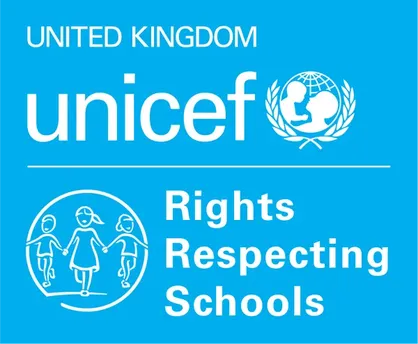
Special schools: advocates and ambassadors for children’s rights
The work of special schools, where children with special education needs and disabilities are supported to learn and grow, is often not fully known about or understood by those in the wider world of education and beyond.
Over 250 special schools in the UK are on their Rights Respecting journey, reaching more than 26,500 children and young people. For these schools, sometimes known as SEND schools, their Rights Respecting journey to embed the UN Convention on the Rights of the Child (CRC) into every aspect of school life can help to communicate how they support vulnerable children to receive the best possible education.
The UNCRC underpins all that we do to support children. We believe that all children irrespective of ability should be supported to take part in a wide range of activities, sports and events. Some of these experiences will stay with the children for ever as life-long learning and will enrich their lives as children and as adults.
The Convention can also provide a context for teachers and students working in special schools. The UNCRC is for all children and young people, everywhere and without discrimination (Articles 1-2) and special schools are especially well placed to be advocates for the children and young people in their care by giving them a voice to be heard (articles 12-14).
The UNCRC provides a language that schools can use to articulate their work in helping to ensure that pupils access all of their rights – this language is child-focused, precise, and consistent in its meaning. It has been agreed by 190 countries around the world. The language can be conveyed in words, pictures or symbols – the Children’s Commissioner for England website has for example UNCRC articles in symbol form.
Embedding the UNCRC into a school through the Rights Respecting Schools Award can provide a framework for a teaching practice and help teachers to be ambassadors of children’s rights in their work by drawing upon their specialist expertise. They may become envoys for children’s rights by networking and supporting mainstream schools who have pupils with special needs, or through work with parents and carers or engaging with specialist agencies.
The impact of being a Rights Respecting School can be measured in outstanding results in Personal and Social Development, a culture of listening to and responding to pupil voice, believing all children can be successful learners and doing everything in the best interest of the children.
Special schools are no different than mainstream schools in that they are aspirational for their pupils, wanting them to achieve their best and to develop their personality and talents to the full. They are places where children and young people are nurtured in a safe, supportive and inclusive environment in which their understanding of themselves, their peers and the wider world is fostered.
The journey that a special school takes as part of the Rights Respecting Schools Award can underpin best practice within these schools and enable them to communicate and advocate on behalf of the children and young people they service.


